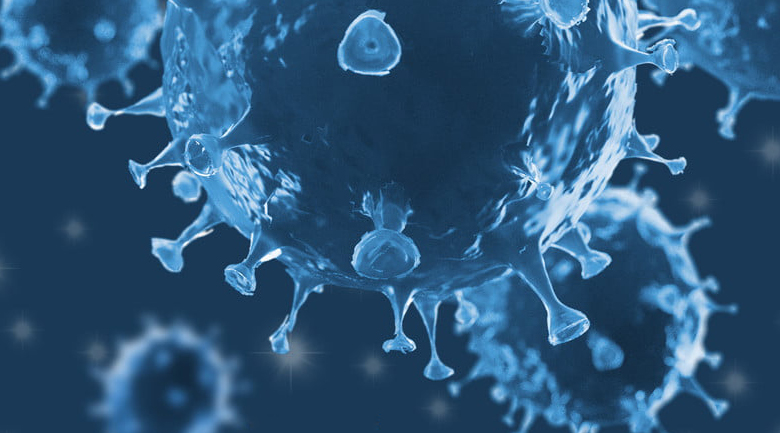
Posoleucel, an investigational allogeneic off-the-shelf T-cell therapy that simultaneously targets six different viruses, demonstrated promising antiviral efficacy and safety in a phase II study of patients who had undergone stem cell transplantation to treat their cancer or other blood diseases.
Background: Patients with blood cancers and other hematologic disorders may be treated with allogeneic stem cell transplantation (allo-SCT), a procedure in which the patient’s stem cells are replaced by those from a donor. Patients who undergo this procedure are highly susceptible to viral infections that can lead to significant morbidity and mortality, explained Pfeiffer.
The treatments currently available for patients who develop infections after allo-SCT have several limitations, noted Omer. “Traditional antiviral medications often have difficult-to-tolerate toxicities, such as myelosuppression or kidney injury,” he said. “Moreover, their efficacies are limited in this patient population, and treatment resistance develops relatively easily.”
In this phase II clinical trial, Pfeiffer, Omer, and colleagues evaluated the safety and efficacy of posoleucel, an investigational therapy comprised of donor T cells that target six of the most common viruses seen in patients following allo-SCT: adenovirus, BK virus, cytomegalovirus (CMV), Epstein-Barr virus, human herpes virus 6, and JC virus.
“The ability to target six viruses with a single therapy would be beneficial for patients with multiple viral infections,” said Omer. “Additionally, posoleucel is the first T-cell therapy in development for BK virus, which can cause severe bladder infections, resulting in excruciating pain for patients.” Since posoleucel utilizes healthy donor T cells rather than the patient’s or transplant donor’s T cells, it avoids the lengthy development process of more customized therapies, making it an off-the-shelf therapy readily available for use, Omer added. “Patients with these viral infections often have severe symptoms and require treatment as soon as possible,” he said.
Results: Fifty-five of 58 patients (95 percent) had responses to posoleucel within six weeks of infusion, and the amount of circulating virus was reduced by an average of 97 percent in these patients. Among the 12 patients who had more than one viral infection, 10 patients (83 percent) had a response against the viruses with which they were infected.
Responses were defined as reduction of viral load to normal range with resolution of clinical signs and symptoms (complete response), or as a viral load reduction of at least 50 percent or a 50 percent improvement of clinical signs and symptoms (partial response).
